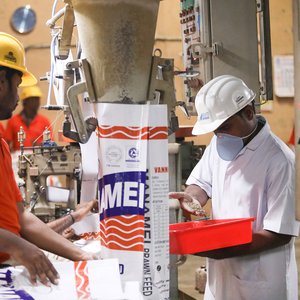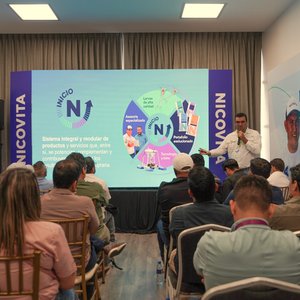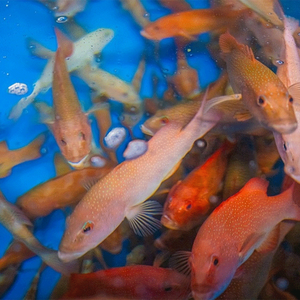Ecuadorean government will end diesel subsidies to large shrimp farms to refocus its funds on poorer constituents. The shrimp sector has calculated that the decision will increase its production costs by 16 cents per pound, which will seriously affect its competitiveness and put producers at risk of bankruptcy.
According to the National Chamber of Aquaculture (CNA), the decision, which affects 82% of the national shrimp area, is taken at the worst possible moment and without having been previously discussed to implement compensatory measures.
According to José Antonio Camposano, executive president of the CNA, the shrimp sector assumes costs that it does not owe and that, to this day, the government has not solved, which makes its production more expensive.
“Our productive chain pays hundreds of millions of dollars in taxes and contributions. However, our workers do not receive public health care and it is up to employers to assume that additional cost. The same happens with road infrastructure, inefficient public services that cost us hours of work and insecurity that, although being the exclusive responsibility of the government, our sector must fight with private resources that exceed USD 80 million per year,” Camposano highlighted.
“While this measure is surprisingly announced, there is not a single decision that has improved our ability to compete in international markets. Trade agreements take time and cannot be considered short-term measures. The electrification project has never been a priority for the authorities that, to date, have not executed him. The tariff reform that lowers our costs has not been given for more than a year. Our official laboratories, which must provide an efficient service for which they charge us more than USD 8 million a year, do not receive even half of that resource from the Ministry of Finance to do their job. The government forces us to buy local soybeans that are 50% more expensive than imported soybeans. That alone costs us USD 15 million a year. It is the private sector subsidizing the inefficiency of the public sector,” Camposano reiterated.













